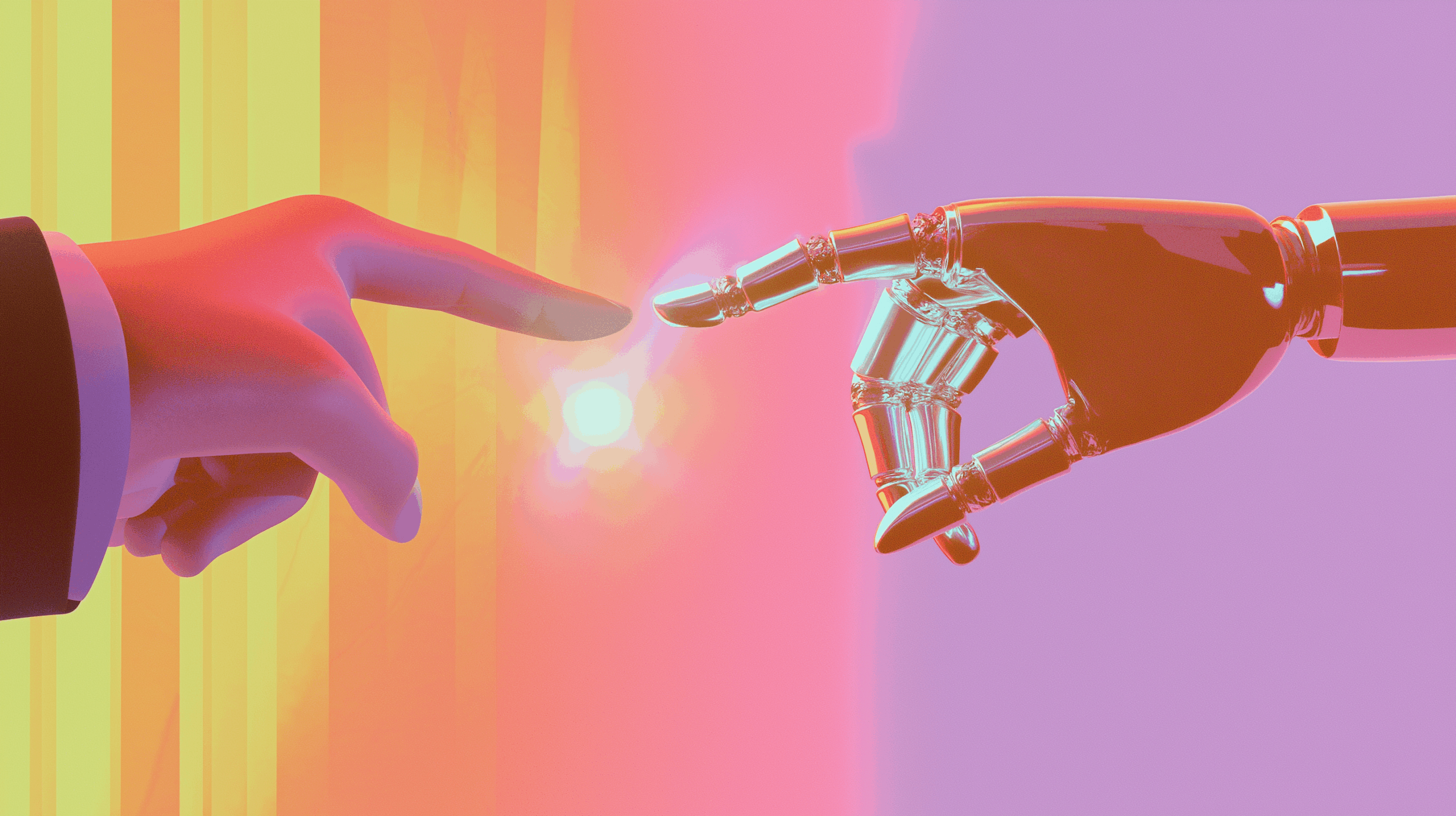How AI agents are changing procurement
AI agents have been on the lips (and keyboards) of nearly all professionals over the last few months, regardless of the industry and business area. And they’ve also been making waves in procurement – and in a good way. Here’s what’s changing because of AI agents in procurement and how to use it to your advantage.
What is an AI procurement agent?
Let’s start with the basics because there’s still some confusion about AI agents, not just in procurement.
At its core, an AI procurement agent is an intelligent system designed to handle procurement tasks that would traditionally require human intervention. AI agents use machine learning, natural language processing (NLP), and automation to analyze data, interact with suppliers, negotiate contracts, and even predict market trends.
You can think of them as virtual procurement assistants that not only follow rules and assignments but also learn and adapt over time.
Now, here’s the difference between traditional procurement software and a procurement AI agent. The former helps procurement professionals organize data and streamline workflows while procurement AI agents take action for you. You can ask them to:
- Follow up with suppliers about an offer
- Vet suppliers
- Remind you of contract deadlines
- Suggest cost-saving opportunities
- Flag potential risks
- And more.
Essentially, they take the grunt work off a procurement team’s plate, leaving procurement experts with more headspace for strategic tasks and helping procurement processes flow more quickly and efficiently.
How AI procurement agents are changing the industry
The procurement industry has always relied on manual processes a lot, coupled with human intuition and relationships.
At the same time, supply chain complexity has kept increasing, with economic uncertainties and the pressure to cut costs making the whole thing even more complex.
That’s why AI agents in procurement are such game changers. They allow teams and leaders to navigate that complexity with more ease, taking over more and more tasks that can be automated in a smart way while people have more time for the strategic, decision-making, and relationship-building aspects of the job.
Here are a few jobs AI agents in procurement can simplify:
1. Automating supplier selection and vetting
Sourcing the right suppliers goes beyond pricing comparison. You’d typically look at other aspects, including quality, reliability, and compliance. And an AI procurement agent can help you with all those things.
It can:
- scan databases in an instant
- evaluate supplier credentials
- compare offers side by side
- and even predict which suppliers are most likely to deliver on time and at the best price.
According to a McKinsey report, companies using AI-driven procurement solutions already saw up to a 50% reduction in supplier selection time and a 10-15% cost savings on procurement expenditures in 2021. With the popularity of procurement AI agents, these numbers are bound to go up. And just think about all of that time saved.
2. Improving contract negotiations
It would seem that negotiations are one of these areas that need humans to be involved. But you would be surprised by how AI agents can contribute to making procurement negotiations quicker and more effective.
A procurement AI agent can analyze previous contracts, identify patterns in pricing and terms, and suggest optimal negotiation strategies. Some AI systems even interact directly with suppliers, using chatbots or email automation to handle initial negotiations.
What’s more, AI agents can run multiple negotiations at once, at a scale that would otherwise require a large procurement team (that most companies just don’t have). All while significantly reducing contract cycle times.
3. Predicting demand and managing inventory
One of the biggest challenges in procurement is predicting demand fluctuations. Over-ordering leads to excess inventory costs. Under-ordering results in stockouts and missed opportunities.
An AI procurement agent will use historical data, market trends, and sometimes even external factors like weather patterns or geopolitical events to accurately predict demand.
It might, for example, detect an upcoming raw material shortage based on global shipping trends and recommend placing orders in advance, helping avoid supply chain disruptions.
4. Identifying cost-saving opportunities
Scanning for pricing trends, discount opportunities, and alternative suppliers are other things procurement AI agents can do. They can automatically flag areas where a company is overspending, suggest bulk purchasing options, or even benchmark against industry averages to cut procurement costs.
By using software like Zingflow, you can also automatically update prices from your suppliers, send the current pricing data to your ERP, and trigger negotiations if prices exceed specified thresholds.
5. Improving compliance and risk management
Procurement often involves navigating a maze of regulations, industry standards, and company policies on top of prices, contract, and negotiations. That’s a lot for even the most skilled procurement pros – we all have the same number of hours in a workday.
An AI procurement agent can automatically check supplier certifications, flag non-compliant purchases and contract clauses, and help monitor regulatory changes. And do all of it in a flash. ✨
The future of AI procurement agents
This is just a portion of what AI agents in procurement can and will be able to do in the near future. As AI algorithms continue to evolve, their capabilities will also grow, including things like:
- More sophisticated negotiation capabilities. AI agents could eventually negotiate contracts with a level of nuance that rivals human procurement professionals.
- Deeper integration with ERP and supply chain systems. Procurement AI agents will work seamlessly across platforms with real-time insights and automated procurement workflows.
- Greater use of generative AI. AI can already draft supplier emails and procurement reports, and it’s bound to be used to a greater extent in creating RFPs and even contracts with minimal human input.
Key job of AI agents in procurement? To make it easier for humans
AI’s changing procurement, but not in the way you might think. We’re not talking about replacing humans entirely, but rather relieving them from repetitive tasks, helping procurement scale easier and avoid bottlenecks.
Yes, AI agents will transform procurement, just as they’re transforming other areas of business. They’ll help reduce costs, mitigate risks, and eliminate many simple but time-consuming tasks. Businesses that understand it will enjoy scaling easier and gaining a competitive edge.
AI agents won’t (yet) replace human intuition and relationship-building (though they can certainly help with the latter). What they will do is provide procurement teams with multiple extra pairs of hands and additional brain power to assist human team members in their everyday jobs.
Is your procurement team ready to welcome its first AI colleague? 🤖







